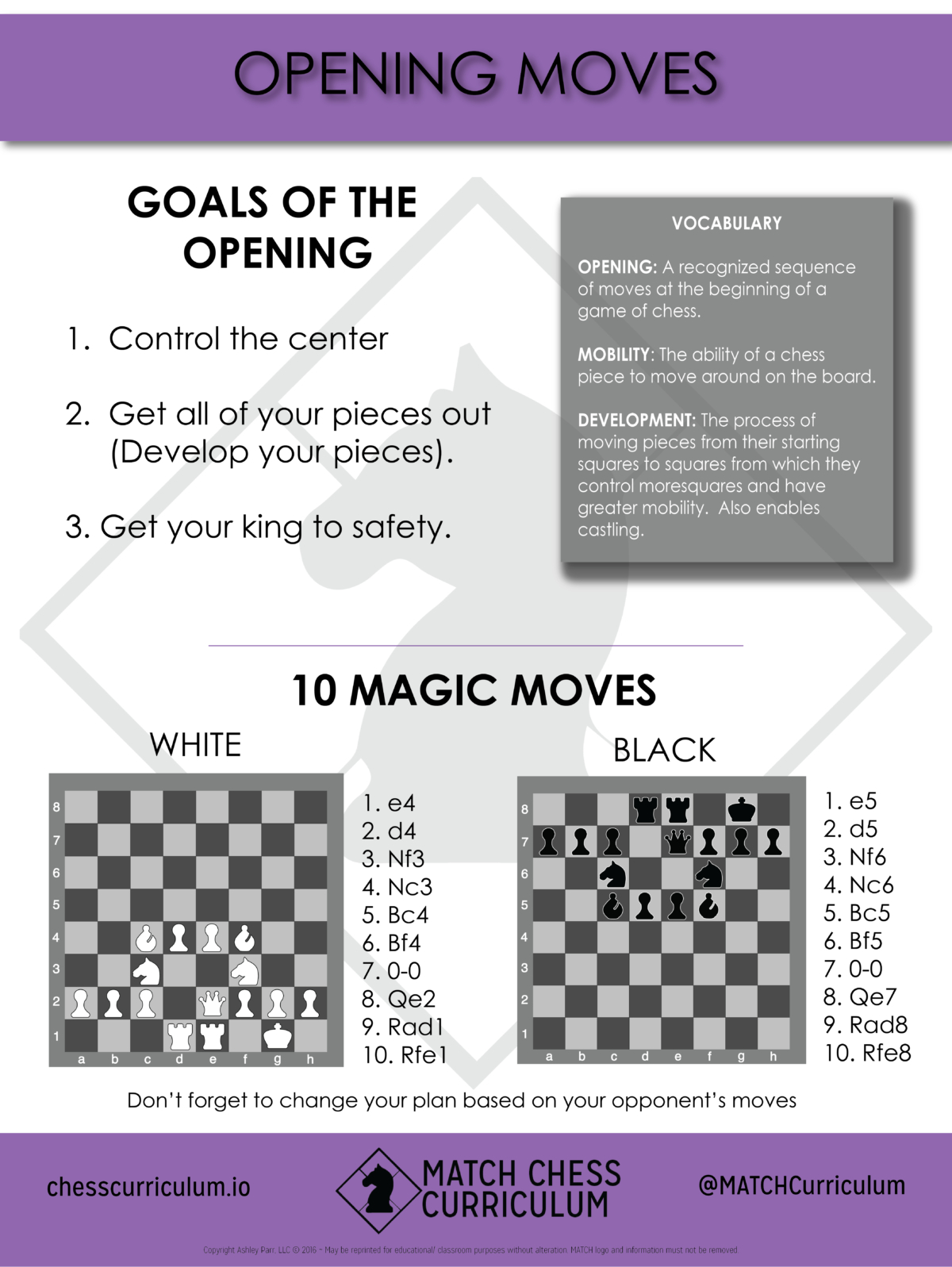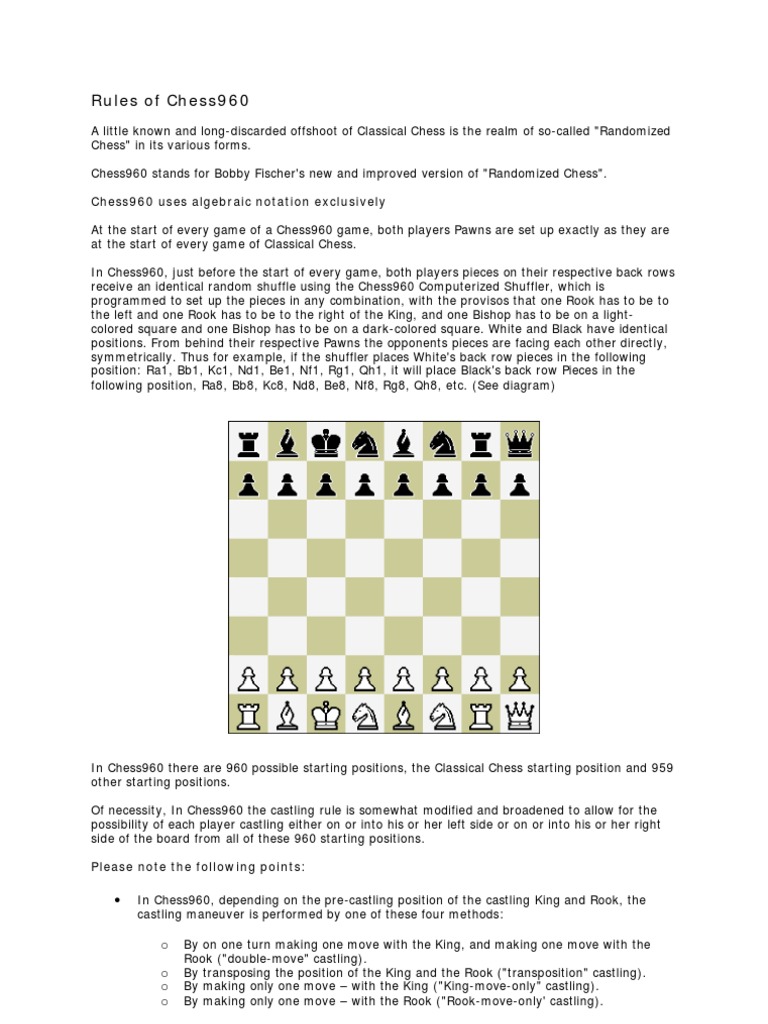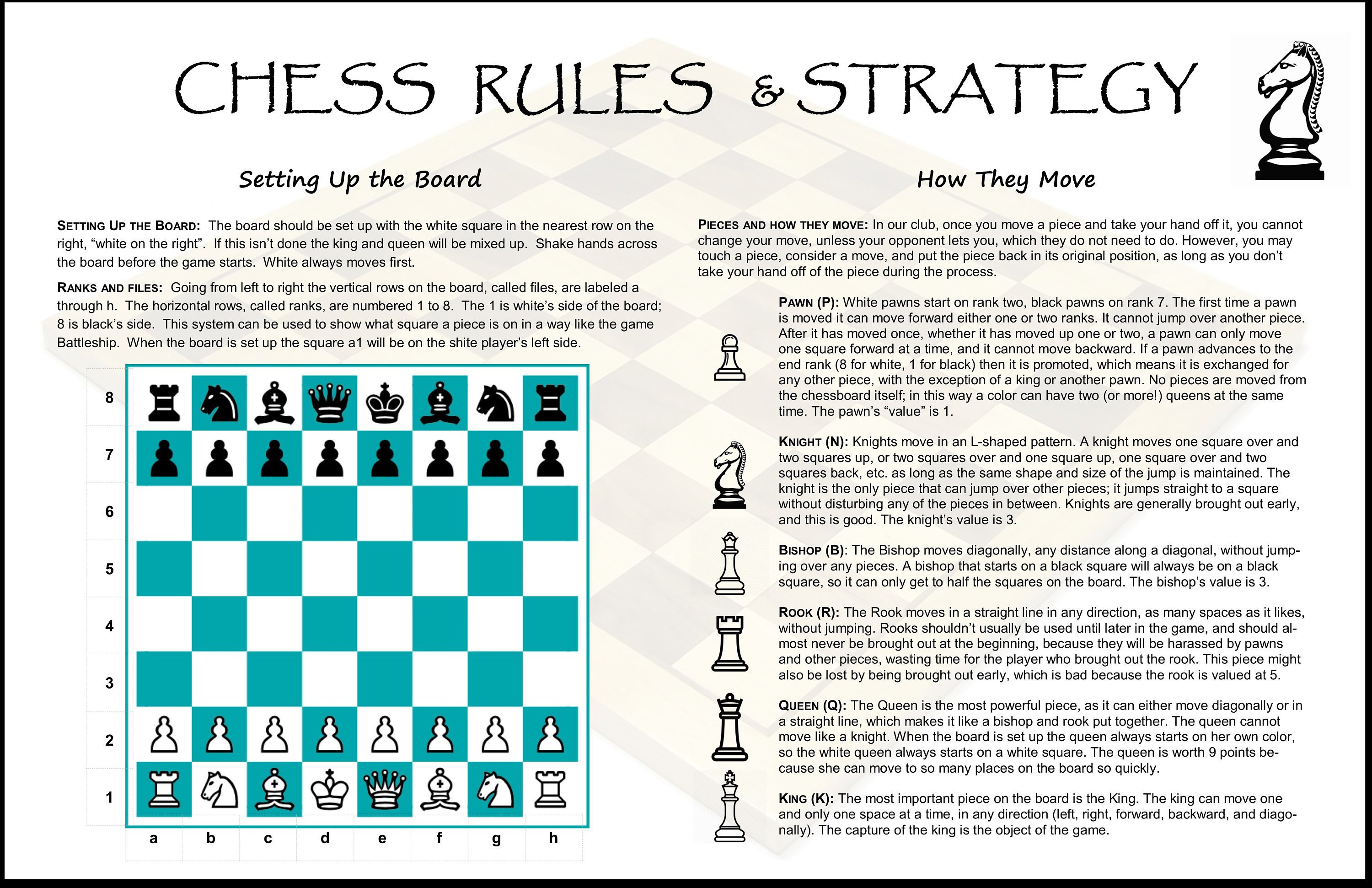Chess is a traditional board game that has been enjoyed by people all over the world for centuries. It is a game that requires strategy, skill, and a deep understanding of the rules. If you are new to chess or simply want to refresh your knowledge, let’s dive into the basics of this fascinating game.
Chess Rules: The Fundamentals
Chess is played on a square board consisting of 64 squares. Each player starts with 16 pieces, including a king, a queen, two rooks, two knights, two bishops, and eight pawns. The goal of the game is to checkmate your opponent’s king, which means putting the king in a position where it is unable to avoid capture.

- The king can move one square in any direction.
- The queen can move any number of squares in any direction.
- Rooks can move any number of squares horizontally or vertically.
- The bishop can move any number of squares diagonally.
- The knight moves in an L-shape, either two squares horizontally and one square vertically or one square horizontally and two squares vertically.
- Pawns can move forward one square, but they capture diagonally.
Chess Strategies: Mastering the Game
While knowing the rules is essential, developing effective strategies is key to becoming a skilled chess player. Here are a few fundamental strategies to keep in mind:
 1. Control the center of the board: The center of the board is the most valuable area in chess as it provides more opportunities for your pieces to move and control the game. Placing your pieces strategically in the center gives you an advantage.
1. Control the center of the board: The center of the board is the most valuable area in chess as it provides more opportunities for your pieces to move and control the game. Placing your pieces strategically in the center gives you an advantage.
 2. Develop your pieces: At the start of the game, focus on bringing your pieces out from their starting positions and into the game. Develop your knights and bishops to control key squares and pave the way for successful attacks.
2. Develop your pieces: At the start of the game, focus on bringing your pieces out from their starting positions and into the game. Develop your knights and bishops to control key squares and pave the way for successful attacks.
 3. Protect your king: The king is your most valuable piece, and its safety should be your top priority. Keep it well-defended by castling early in the game, placing it behind a wall of pawns, and avoiding unnecessary risks.
3. Protect your king: The king is your most valuable piece, and its safety should be your top priority. Keep it well-defended by castling early in the game, placing it behind a wall of pawns, and avoiding unnecessary risks.
4. Plan ahead: Chess is a game of strategy, and thinking several moves ahead is crucial. Consider the consequences of each move and anticipate your opponent’s possible responses.
Chess960: A Twist to Traditional Chess
If you’re looking for a new chess challenge, Chess960 might be worth exploring. This variant, also known as Fischer Random Chess, involves randomizing the starting positions of the pieces. This eliminates the advantage of memorized openings and encourages creative thinking from the very first move.

Mastering Chess: Learning Resources
If you’re eager to deepen your knowledge of chess, there are plenty of resources available:
 - Chess books and tutorials: There are countless books and online tutorials dedicated to teaching chess strategies and tactics. These resources can help players of all levels improve their understanding of the game.
- Chess books and tutorials: There are countless books and online tutorials dedicated to teaching chess strategies and tactics. These resources can help players of all levels improve their understanding of the game.
 - Chess clubs and communities: Joining a local chess club or online community can provide an opportunity to meet other chess enthusiasts, play friendly matches, and learn from experienced players.
- Chess clubs and communities: Joining a local chess club or online community can provide an opportunity to meet other chess enthusiasts, play friendly matches, and learn from experienced players.
 - Chess apps and online platforms: Various chess apps and websites offer interactive lessons, puzzles, and the ability to play against computer opponents or other players from around the world.
- Chess apps and online platforms: Various chess apps and websites offer interactive lessons, puzzles, and the ability to play against computer opponents or other players from around the world.
Chess is a game that rewards patience, practice, and a willingness to learn. Whether you are a beginner or an experienced player, the joy of outwitting your opponent and achieving victory is what makes chess an enduring favorite for people of all ages. So grab a chessboard, master the rules and strategies, and embark on your chess journey!